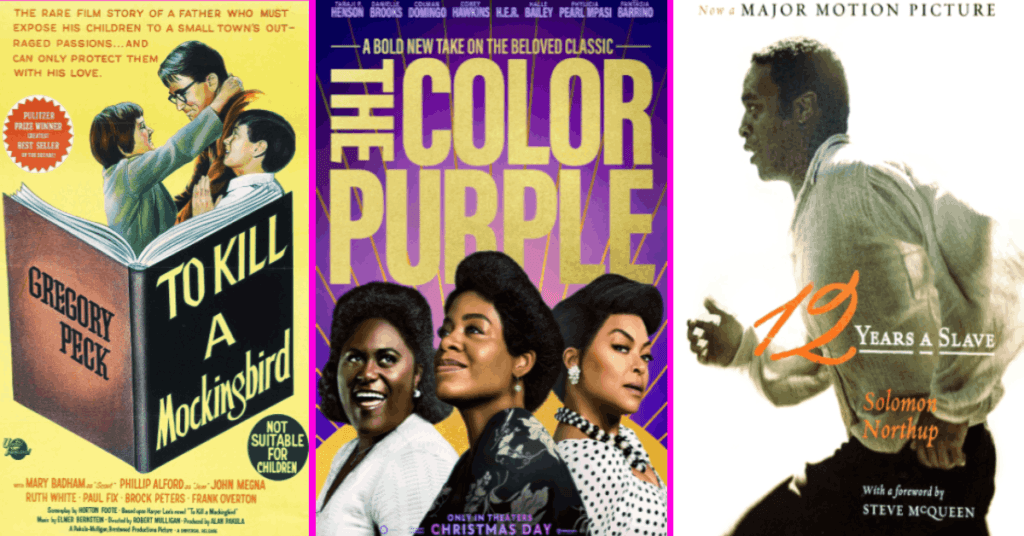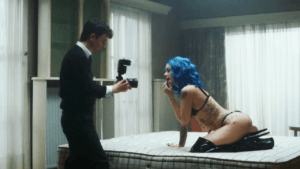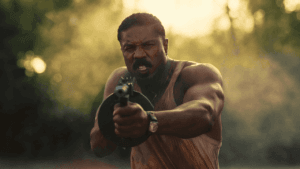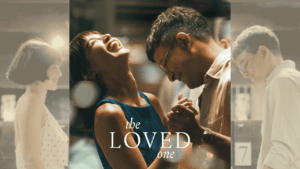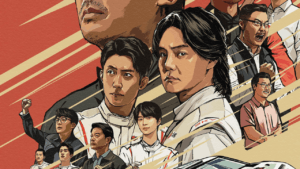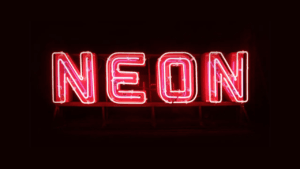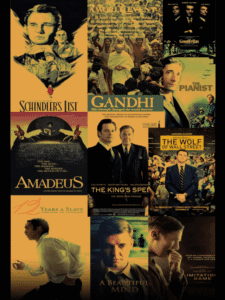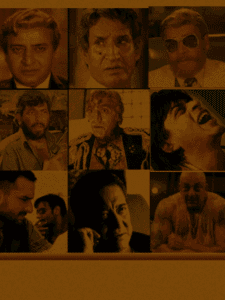Cinema has never been just about entertainment; it has been a battleground, a mirror to society, and a force for change. Throughout history, how cinema helped fight racism has been evident in films that challenged racial discrimination, shattered stereotypes, and gave voices to the oppressed. While racism still plagues societies worldwide, cinema has played an undeniable role in confronting prejudice and fostering equality. Before celebrating, we must acknowledge the horrors that racism has inflicted on humanity. The world has been stained by the transatlantic slave trade, segregation laws, colonial exploitation, and genocides like the Holocaust and the Rwandan genocide.
Films That Challenged Racism
Cinema didn’t always fight against racism; at times, it perpetuated it. Early Hollywood films were riddled with racist stereotypes, from white actors in blackface to depictions of marginalized communities as criminals or servants (Birth of a Nation – 1915). However, as social consciousness grew, so did the courage of filmmakers. A look at films that changed society reveals how movies evolved to challenge racism. Guess Who’s Coming to Dinner (1967) wasn’t just a movie about an interracial couple; it was a statement, daring to challenge an America still grappling with segregation. To Kill a Mockingbird (1962), based on Harper Lee’s novel, put racism in the courtroom and forced audiences to confront injustice through the eyes of a child. These weren’t just films; they were wake-up calls.
Cinema’s fight against racism became more powerful as filmmakers became bolder. 12 Years a Slave (2013) was a gut-punch, refusing to sanitize the horrors of slavery. It forced audiences to feel the pain, the dehumanization, and the brutality and won multiple Academy Awards for its raw truth. Schindler’s List (1993) didn’t just tell the story of the Holocaust; it made you live it, reminding the world that unchecked racism leads to atrocities beyond comprehension. Malcolm X (1992) brought the civil rights leader’s fiery legacy to life, educating viewers on the complexities of racial struggle in America.
Then came Black Panther (2018), a game-changer. This wasn’t just another superhero movie; it was a cultural reset. For decades, Hollywood had pushed Black characters to the sidelines, but Black Panther took center stage and smashed records, proving that representation matters. Get Out (2017) twisted the horror genre to expose racial microaggressions and insidious prejudice, making audiences squirm in their seats as they recognized real-world racism reflected on screen.
Films like The Color Purple (1985) and In the Heat of the Night (1967) highlighted racism’s grip on everyday life, while Do the Right Thing (1989) didn’t just depict racial tension—it made you feel it. Director Spike Lee didn’t ask for permission to tell the truth, and his work remains just as relevant today. Amistad (1997) brought a forgotten historical rebellion to light, while A Time to Kill (1996) made audiences question justice itself in a world where skin color often determines fate.
Then there were films like BlacKkKlansman (2018), which took a real-life infiltration of the Ku Klux Klan and turned it into an explosive, darkly humorous indictment of white supremacy, making it clear that racism is far from being a relic of the past. Judas and the Black Messiah (2021) told the harrowing story of Fred Hampton’s betrayal and assassination, exposing the deep-seated fear of Black empowerment in America. A look at films that changed society shows that these weren’t just stories; they were history lessons that refused to be ignored.
How These Films Changed Society
These films didn’t just exist for applause; they sparked movements, rewrote conversations, and shifted perspectives. 12 Years a Slave and Schindler’s List became educational tools, ensuring that new generations never forget the darkest chapters of history. Get Out made people re-evaluate the everyday racism hiding in plain sight. Black Panther proved that diversity isn’t just a moral necessity—it’s a commercial success, breaking barriers in Hollywood. How cinema helped fight racism is evident in how these films forced society to look in the mirror and question its own biases. They didn’t just entertain; they provoked. They didn’t just tell stories; they demanded change.
More articles for you:
- Oscars 2025: How Literature and Memoirs Shaped Best Picture Nominees
- Hollywood’s Most Awaited Films of 2025: A Year of Visionary Directors
- Kip Thorne: The Man Who Brought Science to Nolan’s Interstellar
Challenges & The Future of Anti-Racist Cinema
Yet, the battle is far from over. Hollywood still struggles with genuine diversity. Too often, stories about marginalized communities are told through the lens of white protagonists, and roles for people of color remain limited or stereotyped. When films do tackle racism head-on, they often face backlash or attempts to dilute their message. But the tide is turning. Independent filmmakers are stepping up, telling stories that mainstream Hollywood has ignored for too long. Streaming platforms are amplifying voices that were once silenced, making anti-racist cinema more accessible than ever.
The next wave of films must go beyond passive representation; they must disrupt, challenge, and inspire action. Audiences must demand better. Filmmakers must be fearless. Cinema’s power lies in its ability to stir emotions and change minds. Now, more than ever, that power must be wielded boldly.
Films have never just been about escapism. They have been instruments of revolution, windows into truth, and catalysts for progress. How cinema helped fight racism can be seen in how these movies didn’t just expose injustice—they ignited conversations, forced society to face uncomfortable truths, and paved the way for change. While no film alone can erase racism, together, they form an unrelenting force against it. As long as prejudice exists, cinema will have a responsibility: to tell the stories that need to be told, to amplify voices that refuse to be silenced, and to remind the world that the fight for equality is far from over.


